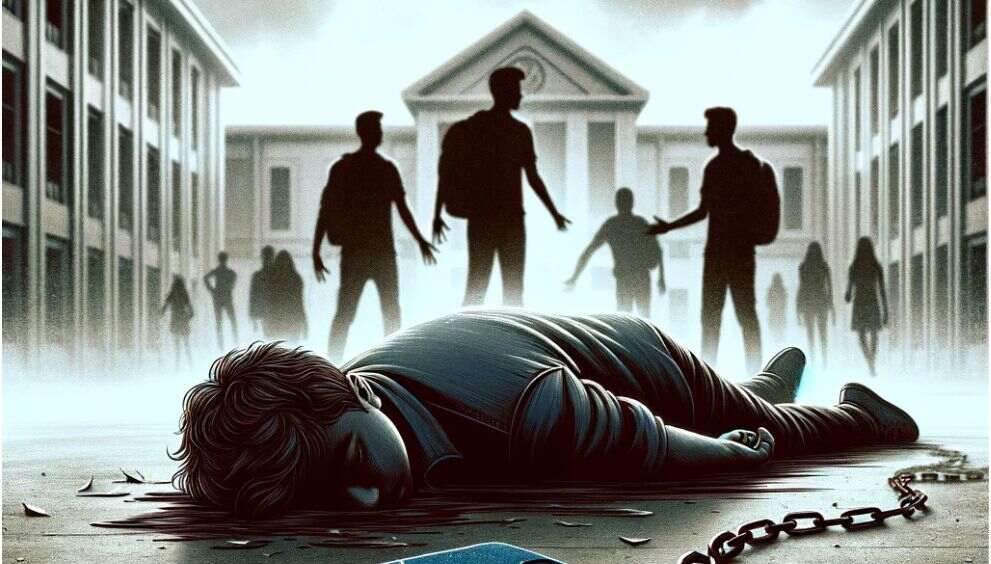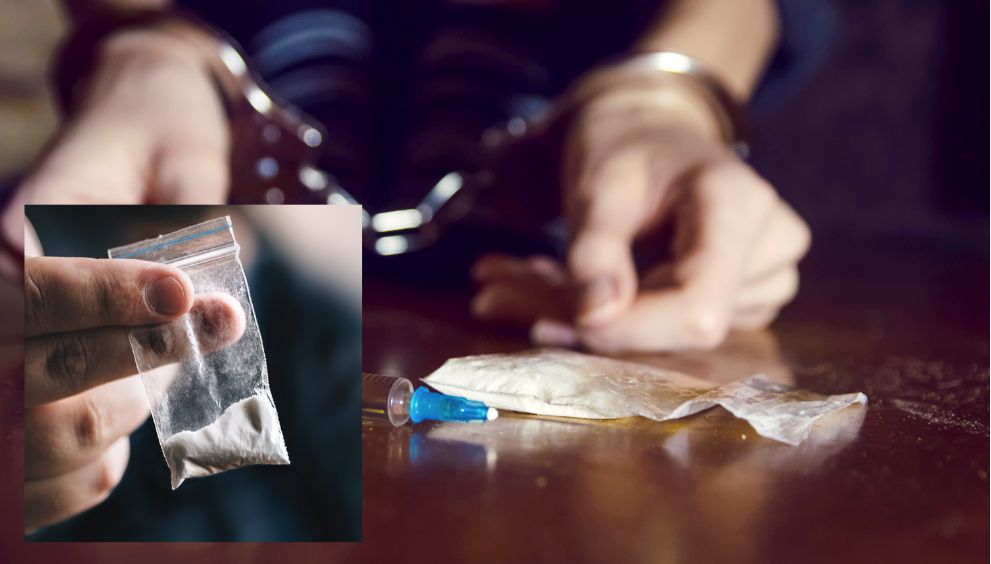Tragedy in Patana: 15 MBBS Students Arrested Over Fellow Student’s Death

In a shocking and heartbreaking incident, 15 MBBS students from GMERS Medical College in Patana, Gujarat, have been arrested following the death of a first-year student. This incident has revealed on the dark reality of ragging, raising questions about student safety in educational institutions.
Why 15 MBBS Students Arrested?
The victim, a first-year MBBS student, tragically lost his life after reportedly being harassed and bullied by senior students. While the exact sequence of events is under investigation, initial reports suggest that the harassment escalated into physical and psychological abuse. This incident has brought into focus the unchecked prevalence of ragging in educational institutions.
The 15 MBBS students involved were taken into custody on charges of culpable homicide, which holds individuals accountable for causing death through negligent or reckless actions, even if there was no intent to kill.
Public Outrage and Demand for Justice
The incident has sparked widespread outrage among parents, students, and activists across the country. Many have expressed concerns over the failure of institutions to enforce anti-ragging measures. As a result, there have been increasing calls for strict penalties and preventive actions to ensure such tragedies are not repeated.
Parents are particularly vocal, demanding that institutions provide a safe and nurturing environment for their children. The arrest of the 15 MBBS students has highlighted the importance of swift and stringent action against offenders to send a clear message about the consequences of ragging.
Why Ragging Persists Despite Strict Laws
India has a robust legal framework to combat ragging, including the Anti-Ragging Act. However, incidents like this reveal gaps in enforcement. Several reasons contribute to the persistence of ragging:
-
- Cultural Normalization: Some seniors perceive ragging as a harmless tradition, perpetuating a toxic cycle.
- Fear of Retaliation: Victims often hesitate to report due to fear of backlash.
- Lack of Monitoring: Ragging often occurs in private spaces, making it difficult for authorities to intervene.
The arrest of these 15 MBBS students has become a grim reminder of how unchecked practices can lead to catastrophic consequences.
The Role of Institutions in Preventing Tragedies
Educational institutions are responsible for maintaining a safe and supportive environment. Anti-ragging committees, frequent inspections, and anonymous reporting systems are mandated under Indian law. However, many colleges fail to implement these measures effectively.
In the case of GMERS Medical College, there is growing criticism of the administration for failing to monitor activities on campus and prevent the harassment. If found negligent, the administration could face legal and reputational consequences.
Impact on Families and Community
The tragedy has deeply affected not only the victim’s family but also the families of the 15 MBBS students now under arrest. The loss of a young life and the possible ruin of multiple futures is a heavy price to pay for unchecked harassment.
This case has also shaken the student community, leaving many to question the culture and safety of their own campuses. It highlights the need for stronger emotional support systems within institutions, including counseling services and peer-support networks.
Lessons to Learn: The Need for Collective Action
The arrest of 15 MBBS students underscores the importance of collective action to eradicate ragging. Here’s what needs to be done:
-
- Stronger Enforcement of Laws: Anti-ragging laws must be implemented rigorously.
- Awareness Campaigns: Regular workshops can educate students about the psychological and legal consequences of ragging.
- Empowering Victims: Institutions should create safe spaces for victims to report incidents without fear.
- Technological Solutions: Surveillance cameras and online complaint portals can deter ragging.
Moving Forward
This tragedy should serve as a wake-up call for institutions, authorities, and society. The arrest of 15 MBBS students is not just a legal matter—it is a stark reminder of the ethical responsibilities we all bear. Educational institutions must take proactive steps to ensure a safe and inclusive environment for all students.
Preventing such incidents requires collaboration between administrators, law enforcement, parents, and students themselves. Let us hope that this incident becomes a turning point, compelling all stakeholders to take stronger action against ragging, ensuring no student ever has to endure such trauma again. For more trending news and latest tech updates






















































